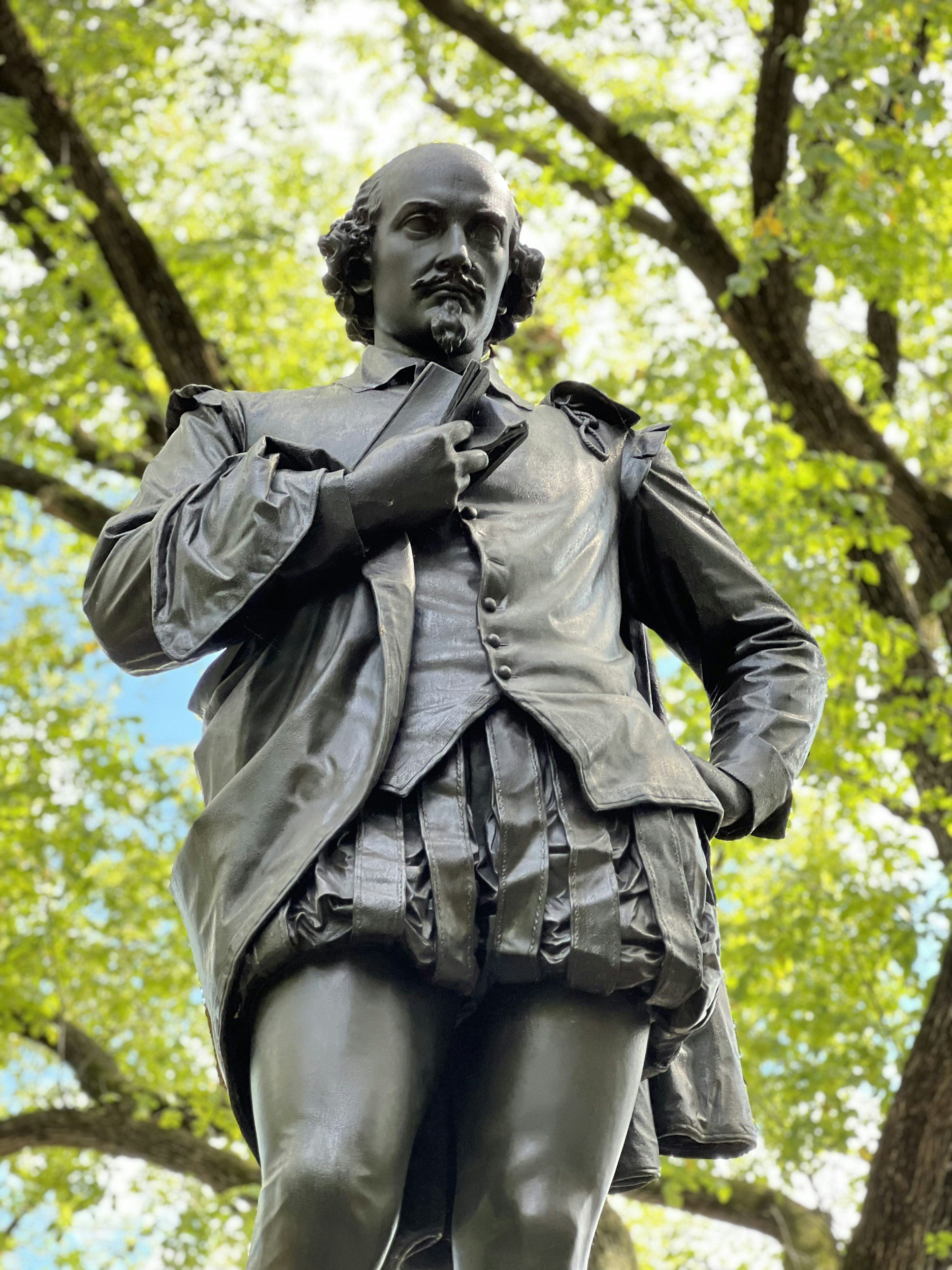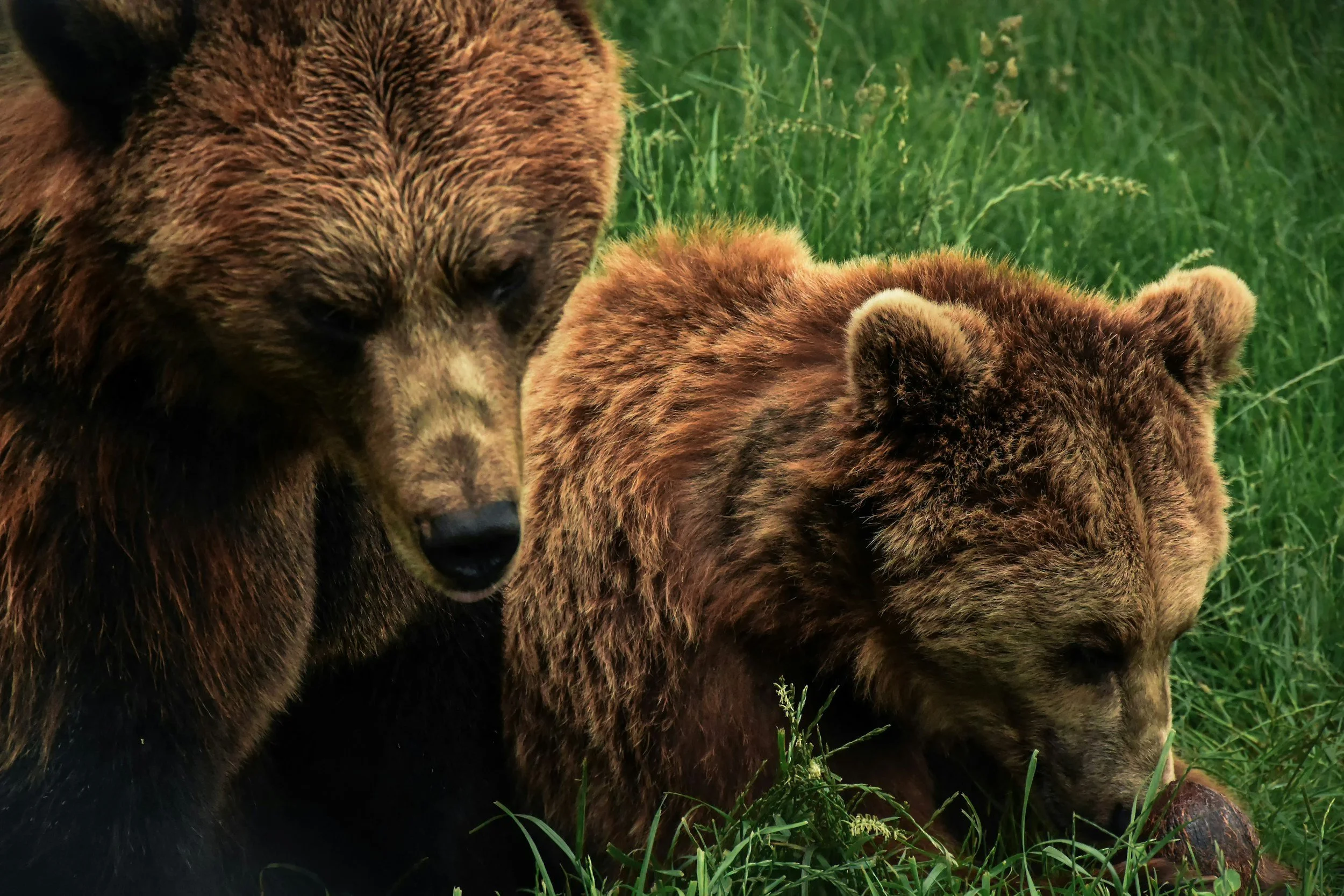The Mother I Needed, The Mother I Became
The moment my son was placed in my arms, his 8 pounds, 6 ounces, and 21 inches of new life pressed into me—it was not just his weight but the pressure of my past and the gravity of the future colliding together in the sterile room filled with a faintly metallic smell clinging to the air, but beneath it, there was the unmistakable scent of newborn skin, sweet and raw, untouched by the world. My body ached, exhaustion settling deep into my bones, a soreness that pulsed with my heartbeat. Every muscle trembled from the aftershocks of birth, my mind foggy, stretched thin between elation and depletion. As my first thought surfaced, I willed it to be joy, the kind that matched the moment unfolding before me. But instead, it came laced with something else—fear. Would I fail this child as my mother had failed me?
Failure is a strange thing—hard to define, harder to measure. What does it really mean to fail? Can I say my mother failed me if I'm here, alive, breathing, heart still beating? But each breath feels like a reminder—a sharp, tingling sting, like when your foot falls asleep. A rush of needles, impossible to ignore. That's what her legacy feels like.
Dysfunction. Trauma. Wounds so deep they stitched themselves into my foundation. Some are still tender after all these years. But the ones that haunt me most are the ones of the sound of the door closing behind her. The leaving. Always the leaving.
The first time she left was the start of the House of Cards crumbling. The brown suede couch, its cushions worn and sunken, sat pressed against the wall beneath the large front window that looked out over the yard. It had seen everything—a quiet witness to the shouting matches, the slammed doors, the tears swallowed in silence. In front of it stood an old oval table, its surface cluttered with half-empty cans and an ashtray overflowing with cigarette butts.
The walls were lined with family photos, frozen smiles framed in polished wood, hinting at love and laughter. But the images only captured the lies. Our cheerful faces clashed cruelly with the reality beneath them—each one a portrait hung over a foundation crumbling under the weight of addiction, fear, and unmet needs. Every square inch of that house was soaked in dysfunction, no matter how hard we tried to keep up the illusion.
It wasn't just another fight the evening her leaving became a thing. It was an unrepairable fracture, shattering the family I had clung to as she left, slamming the front door with force so great it rattled the frame.
After my parent's divorce, the leaving only got worse while I lived with her.
I would beg her to stay, my hands grasping at the fabric of her sleeve as if holding tight enough, I would be able to anchor her to me. But not even the sound of my sobs could bolt the door shut. She would glide through the door as if my pain was a familiar background noise. Then her silhouette would be swallowed by the night, and with a final, hollow thud, the door would close behind her.
Each time, it wasn't just the door that shut. It was another piece of my heart splintering away, quiet and invisible but permanent. For some sort of comfort and protection from the fear of all the noises swirling around me, I would crawl into the tiny hallway closet. Crammed with things no longer needed but never thrown away. Old shoes, tangled extension cords, and a moth-eaten coat that smelled faintly of dust. I'd wedge myself between them, knees to my chest, the door barely cracked for air.
In the silence that followed, every creak of the floorboards or gust of wind against the window convinced me something terrible was coming. A shadow creeping closer, a monster just beyond the closet door. I'd squeeze my eyes shut, hold my breath, and hope it passed me by.
But the truth was worse.
The monster wasn't outside trying to get in. It was already inside. It had a face I knew. A voice I loved. I called it mother.
Over the years, our relationship twisted into something both dysfunctional and deeply entangled—a volatile dance of love, longing, and disappointment. It was like riding a roller coaster I couldn't get off of: the slow, tension-filled climb leading to the inevitable blow-up, the sharp drop into silence or rage, and then the fleeting stretches of calm that almost felt like peace. But always the unspoken rule of never talking about what happened, just simply dusting it under the rug and getting on for the next ride.
Though the cycle was obvious, I convinced myself that if I just tried harder—if I was better, quieter, more helpful, more perfect—she would see me. She would choose me. Not the alcohol. Not the drugs. Me.
But love, even the overflowing sensation when you hold your baby for the first time, I learned, isn't always loud enough to compete with addiction.
And so, the moment I held my baby for the first time, it was like standing at the intersection of two worlds—the one I came from and the one I vowed to create. But the journey was just beginning, and in the midst of these two worlds would be a valley of grief—the ache for the mother I never had. Grief tangled with jealousy, too, because I knew deep down that my children would receive a version of love I had only ever dreamed of. They would be nurtured, chosen, and protected. And while that was everything, I had ever wanted for them, it stirred something hollow inside me.
It wasn't until my son turned seven—the same age I had been when my world crumbled—that it hit me fully. We stood in the kitchen, the sink full of dishes crusted with remnants, symbolizing our full bellies. All the while, he stood there pouting because he didn't want to help. He crossed his arms, his brows furrowed, frustration bubbling just beneath the surface.
And all I could think was, how spoiled you are. Not in the bratty, ungrateful sense—but in the way that he had everything I never did. A safe home. Parents who were present, loving, and sober. A mother who made him meals, folded his laundry, and kissed his forehead at night. A mother who stayed.
He never had to beg me not to leave. He never once had to wonder if he was more important than a bottle or a high. He was always first. Always chosen.
And while that was exactly what I had spent my whole life fighting to give him, something in me cracked. That old jealousy crept in—not of him, but of the version of love he received that I still longed for, even as a grown woman.
That day, I realized something profound: I had to start mothering myself. If I wanted to love my children freely, without resentment or shadow, I had to show up for the little girl inside me with the same gentleness I gave my son.
It was time to hold her hand, wipe her tears, and whisper, “You are safe now. I'm not leaving you.”
Only by healing that wounded part of me could I ensure nothing would stand in the way of the unconditional love I am determined to give my children. Only by healing that wounded part of me could I ensure nothing would stand in the way of the unconditional love I am determined to give my children. Because breaking the cycle doesn't just stop with us—it ripples outward. It teaches our children a new language of love rooted in presence, patience, and safety. And maybe, just maybe, it invites others to look inward, to tend to the younger versions of themselves still waiting to be seen. Healing isn't easy, but it's the most courageous legacy we can leave behind—for our children and for ourselves.
-Stacey Ritter
Stacey Ritter is a writer, truth-seeker, and cycle-breaker whose work explores the raw and often unspoken truths of healing, motherhood, and generational trauma. As the voice behind the Substack newsletter Wait… It’s Not Just Me, Stacey writes with raw vulnerability and fierce honesty about the lasting impact of childhood trauma, the weight of inherited narratives, and the strength it takes to reclaim your story. Her writing is deeply personal, yet universally resonant—offering comfort, connection, and clarity to those who have ever felt alone in their pain or unseen in the trauma they carry. With a deep understanding of what it means to grow up inside dysfunction and learn to unlearn it as an adult, Stacey offers her readers connection, clarity, and the radical permission to feel. Through storytelling that is honest, tender, and fiercely human, she creates a space where others can see themselves, feel less alone, and begin the work of breaking generational cycles—one truth at a time.







